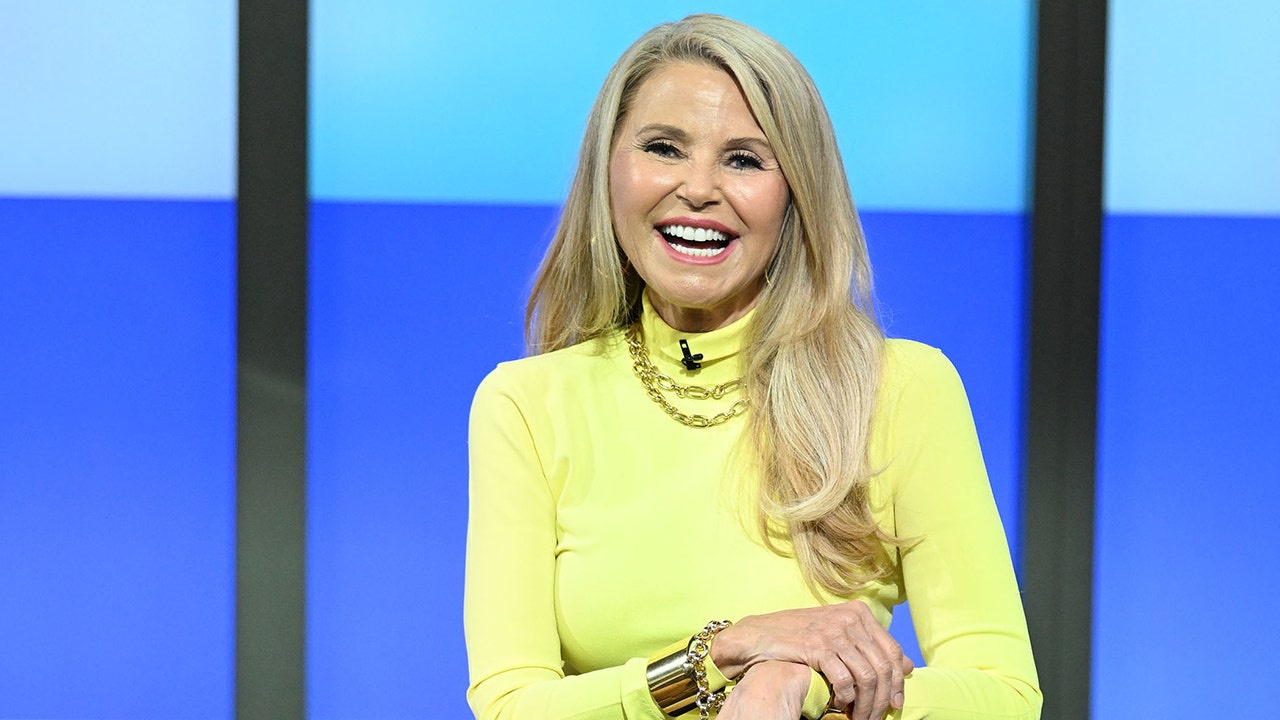What Happened
On June 11, 2025, U.S. Health and Human Services Secretary Robert F. Kennedy Jr. announced the appointment of eight new members to the Centers for Disease Control and Prevention’s (CDC) Advisory Committee on Immunization Practices (ACIP). This decision came just two days after Kennedy dismissed the previous 17-member panel, citing conflicts of interest among its members. The newly appointed members include several prominent figures who have been critical of the government’s COVID-19 response and vaccine policies.
Kennedy’s overhaul of the ACIP is significant as the committee plays a crucial role in shaping U.S. vaccine policy, including recommendations on vaccine safety and efficacy. The new members are expected to review existing vaccine schedules and demand definitive safety data before making any new recommendations. The next ACIP meeting is scheduled for June 25, where the new panel is expected to discuss guidance for COVID-19 and HPV vaccines, among others.
Key Details
-
Dismissal of Previous Members: Kennedy removed all 17 members of the ACIP, claiming that they were “rife with conflicts of interest.” He stated that this was necessary to restore public trust in the medical establishment and vaccines.
-
New Appointments: The eight new members include:
- Dr. Robert Malone, a biochemist known for his early work in mRNA technology but who has become a vocal critic of its use in COVID-19 vaccines.
- Dr. Martin Kulldorff, a biostatistician and epidemiologist who co-authored the Great Barrington Declaration, which questioned lockdowns and other public health measures during the pandemic.
- Dr. Vicky Pebsworth, who has expressed concerns about vaccine safety and has been associated with the National Vaccine Information Center, an organization that has been criticized for spreading vaccine misinformation.
- Other members include Dr. Joseph Hibbeln, Dr. Cody Meissner, Dr. James Pagano, Dr. Retsef Levi, and Dr. Michael Ross, each with varying backgrounds in medicine and public health.
-
Public Reaction: The swift removal and replacement of the ACIP members have drawn criticism from various health professionals and organizations, including the American Medical Association (AMA), which expressed concern that this change could undermine vaccination efforts amid declining vaccination rates and ongoing public health challenges.
Multiple Perspectives
The appointment of the new ACIP members has elicited a range of reactions:
-
Supporters of Kennedy’s Decision: Some advocates for medical freedom view the new appointments as a positive step toward a more skeptical and evidence-based approach to vaccine recommendations. They argue that the previous panel was too closely aligned with pharmaceutical interests and that the new members will bring necessary scrutiny to vaccine safety.
-
Critics of the New Panel: Public health experts and organizations, including the AMA, have raised alarms about the qualifications and backgrounds of the new members. Critics argue that several appointees have histories of questioning vaccine safety and efficacy, which could lead to a shift in vaccine policy that may not align with established public health guidelines. Dr. Paul Offit, a vaccine scientist, expressed concern that the new panel lacks the expertise and institutional memory necessary for effective vaccine policy-making.
-
Financial Market Concerns: Analysts in the biopharmaceutical sector have also expressed unease regarding the potential impact of these appointments on vaccine policies and insurance coverage. The ACIP’s recommendations significantly influence which vaccines are covered by insurers, and the presence of known vaccine critics on the panel raises concerns about future coverage decisions.
Context & Background
The ACIP was established in 1964 and is tasked with reviewing vaccine safety and efficacy, making recommendations on vaccination schedules, and influencing healthcare providers’ practices. Its decisions have far-reaching implications for public health, particularly in the context of vaccine-preventable diseases.
Kennedy’s actions come at a time of heightened scrutiny regarding vaccine policies, especially in the wake of the COVID-19 pandemic. The previous administration’s approach to vaccine recommendations and public health measures has been a contentious topic, leading to polarized views on vaccine safety and efficacy. Kennedy’s assertion that the previous panel was a “rubber stamp” for vaccine manufacturers reflects a broader skepticism among certain groups regarding the integrity of public health institutions.
What We Don’t Know Yet
Several uncertainties remain following the recent changes to the ACIP:
-
Impact on Vaccine Policy: It is unclear how the new members will influence ACIP’s recommendations and whether their approaches will lead to significant changes in the current immunization schedule.
-
Quorum and Functionality: The new appointments do not yet constitute a quorum for the ACIP, which requires more than half of the voting members to be present for decisions to be made. It remains to be seen how this will affect the committee’s ability to function effectively in the near term.
-
Long-term Effects on Public Health: The implications of these changes for public health, particularly in the context of ongoing vaccination campaigns and public trust in vaccines, are still uncertain. Observers will be closely monitoring the outcomes of the upcoming ACIP meetings and the potential shifts in vaccine policy that may arise from this newly constituted panel.
In summary, the recent overhaul of the CDC’s vaccine advisory committee marks a significant shift in U.S. vaccine policy, with potential implications for public health and vaccine acceptance in the broader community.





